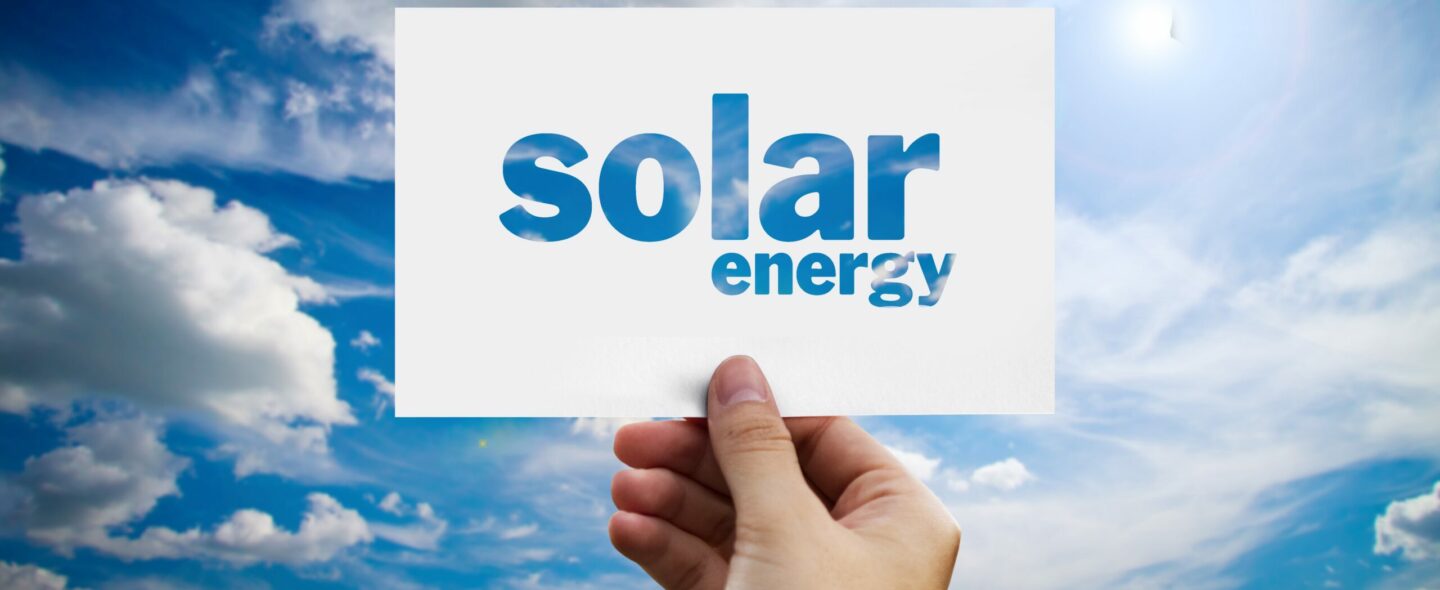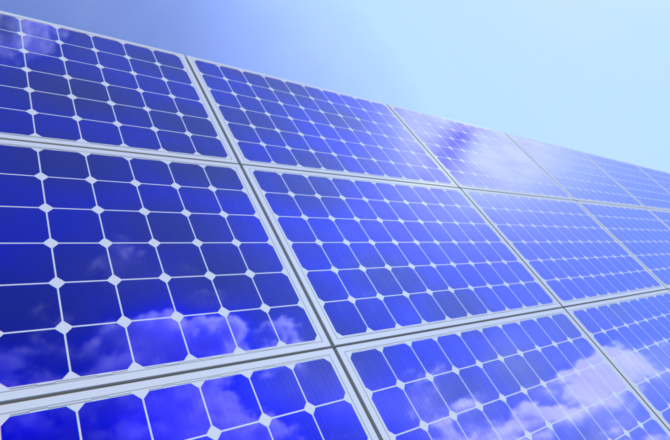

Brazil and Switzerland are moving in opposite directions when it comes to clean energy.
Brazil is starting to exploit its potential for solar energy and is experiencing what could be called a solar energy boom. Yet, Switzerland’s green projects have become rare, and new efforts for an emission free future face regional objections and a complex regulatory system. In addition to that, in June 2021 Swiss voters rejected an overhaul to the CO2 law which was central to the government’s goal of meeting its obligations under the Paris Accord on Climate Change. 8.000 kilometers away, new investments in solar plants in the Brazilian states of Minas Gerais and Ceará lead the way in the country’s promising journey towards a green energy future.
In 2021, solar energy in Brazil is expected to experience a surge in photovoltaic installations.
This is supported by a set of converging factors that facilitate the leap towards clean energy. The economic recovery with the advance of vaccination, tariff increases ahead of inflation, and low interest rates are circumstances that are boosting investments in solar energy.
Protagonist in this development will be the small city of Janaúba, in northern Minas Gerais. Soon it will be home to Latin America’s largest solar power complex. The project is built by Elera Renováveis, the energy branch of the international asset management firm Brookfield, supported by USD 290 million from the Brazilian Development Bank (BNDES). Stretching over 3.000 hectares the solar park will provide for 1 GW of capacity. One buyer of this sheer amount of energy will be LIASA, a silicon metal producer. It’s Elera’s first agreement based on self-production, which is of high demand by energy-heavy businesses such as LIASA, as the consumer can invest in their own energy generation.
With 1 GW produced on a single solar farm, Janaúba will enter the top 10 list of the world’s largest solar parks, overtaking the biggest in Mexiko 828 MW) and the United States (802 MW). And more projects are on the way. The search and negotiation for new contracts and investors are ongoing. Two more renewable energy projects by Elera are already under construction. They will add 1,6 GW in the following years, which will leave the energy provider with a total portfolio of over 3 GW by 2023.
Brazilian startups also got wind of the country’s high potential in solar energy production and are tapping into the market, trying to get a piece of the cake and spurring the sector even further. One example is Solfácil (the company’s name means “easy sun”), which is the country’s first solar fintech and is devoted to financing the implementation of solar generators in homes and businesses. Propelled by a recent investment of USD 32.6 million the startup is expected to grow tenfold in 2021 and expand its credit portfolio to USD 190 million. For the company’s CEO, Fabio Carrara, it is clear that Brazil has the potential to become an important global player, as it is one of the world’s best places for distributed solar energy generation. The steady success of the sector, which has been a continuous growth of 170% in the past 5 years, is no surprise to the founder. The currently high prices of alternative energy sources, abundance of sun, and affordable labour costs make Brazilian land incredibly fertile for harvesting the sun. On top of that, as the International Energy Agency (IEA) has announced last October, solar energy is expected to play an increasingly important role in the surge of renewable energies forecasted for this decade around the world, being described as the “new queen” of the global electricity markets.
Sources
https://www.swissinfo.ch/eng/swiss-among-last-to-embrace-to-wind-and-solar-power-/46713812
https://www.swissinfo.ch/eng/alpine-nimbyism-freezes-swiss-green-energy-dreams/46759638
https://www.ysgsolar.com/blog/15-largest-solar-farms-world-2021-ysg-solar
https://brazilian.report/business/2021/06/21/new-projects-solar-power-boom/
https://brazilian.report/tech/2021/06/25/startups-solar-power-business/